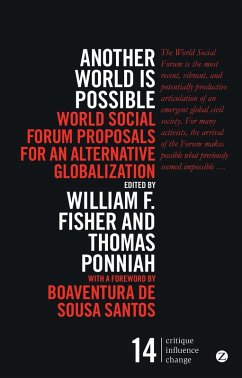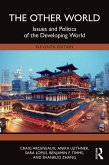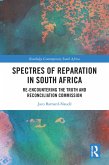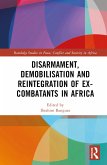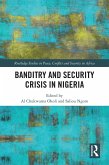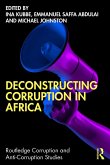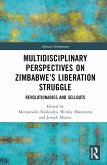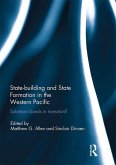In 2001 the first World Social Forum was held in Porto Alegre, Brazil. The meeting was viewed by many at the time as a new manifestation of the global Left, a people's opposition to the World Economic Forum that stood as the first real front to global capitalism since the collapse of the Soviet Union. While many activists and intellectuals on the left have since become deeply critical of the Forum, newer movements, such as Occupy, the Arab Spring and the indignados, have built upon its successes and innovations.
Another World is Possible is the original collection of essays and demands from the heart of the 'movement of movements'. Based on the work of the first two annual meetings of the WSF, this classic collection not only set out the initial aims of the movements that came together, it also paved the way for the theoretical study of new social movements, their multiple and participatory character. Today, as many crises affect all our lives, it is time to revisit the original demands of a global solidarity movement, united in its determination to fight against the concentration of wealth, the proliferation of poverty and inequalities, and the destruction of our earth, and to reconstitute a global left.
Another World is Possible is the original collection of essays and demands from the heart of the 'movement of movements'. Based on the work of the first two annual meetings of the WSF, this classic collection not only set out the initial aims of the movements that came together, it also paved the way for the theoretical study of new social movements, their multiple and participatory character. Today, as many crises affect all our lives, it is time to revisit the original demands of a global solidarity movement, united in its determination to fight against the concentration of wealth, the proliferation of poverty and inequalities, and the destruction of our earth, and to reconstitute a global left.

